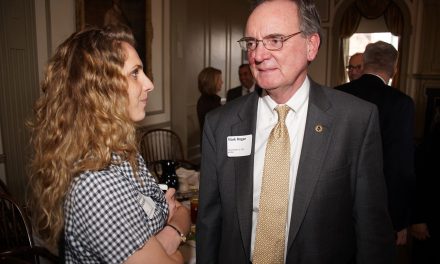
In response to President Donald Trump’s plan to erect a wall along our southern border with Mexico, Congresswoman Gwen Moore (WI-04) introduced the No Taxpayer Funding for the Wall Act of 2017, legislation prohibiting the use of any federal funds for the wall’s construction. Following the introduction of this bill, Congresswoman Moore released the following statement:
“Recently, House Speaker Paul Ryan sparked a firestorm of opposition from constituents across the ideological spectrum when he made it clear Congress would rely on American taxpayers to ‘front the money up’ for the construction of a border wall with Mexico. As alarming as this comment was, it became even more disturbing today as Senate Majority Leader Mitch McConnell candidly acknowledged that he didn’t believe Mexico would reimburse the United States for the Southern border wall. As this signature policy platform of President Trump swiftly unravels, I see both a moral and fiscal imperative to shield my constituents and the programs they depend on from footing the bill for this costly proposal.
“To ensure President Trump doesn’t saddle the financial burden of his misguided campaign promise on the backs of those struggling to get by, I recently introduced the No Taxpayer Funding for the Wall Act of 2017. My legislation holds the president to his word to have the government of Mexico fund his border wall and prevents him and congressional Republicans from using money for vital services like the Supplemental Nutrition Assistance Program and Violence Against Women Act grants to fund this absurd plan.
“As a proud member of the opposition party, I have no illusions as to our current political reality in the House of Representatives. If Republicans capitulate to President Trump, a wall will indeed be built. But if this ludicrous proposal does come to fruition, I will do everything in my power as a member of Congress to protect my constituents from the financial fallout. I call on both Democrats and Republicans to join me in my effort by supporting this commonsense legislation.”













